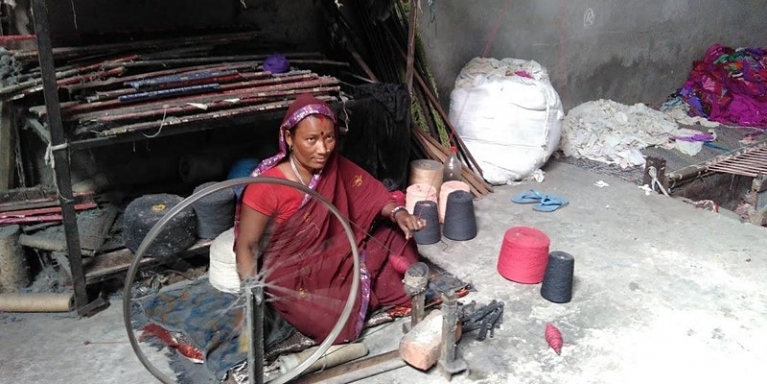
Sweden
Member-only event
This is a member-only event. If you are a member, pleaselog inin order to register for the event.
Guest speaker: Ingrid Porss, Social and compliance Manager at Lindex
Background
The current COVID-19 pandemic is exposing the differentiated risk facing women and men in global supply chains. While men are at a slightly higher risks to contract the virus, women are facing a number of risks driven by existing inequalities and discrimination including increased unpaid care, domestic violence and their overrepresentation in vulnerable jobs. As the Gender guidance to the UN Guiding Principles on Responsible Business Conduct reminds us, too often, the human rights of women are overlooked by companies’ due diligence approaches, including impact assessments.
Women, and gender-related issues, count and need to be counted in. But, practically, how can companies conduct more gender-responsive due diligence approaches and what role does gender disaggregated data play in this? How can gender disaggregated data help build more responsible practices and responses in light of COVID-19?
BSR, ETI and partners having been working to support companies’ efforts to address this issue through new tools and initiatives. In particular, BSR has recently launched a new Framework and Tool for brands and suppliers to conduct gender-responsive due diligence and collect and analyze gender data to inform workplace policies and programming.
Objectives
This webinar will provide practical answers to this question and is a great opportunity to:
- Shed light on the gendered impacts of COVID-19 observed at a global level as well as across value chains.
- Learn how BSR’s new Gender Data and Impact Tool (funded by C&A Foundation) can help brands and suppliers to collect, analyze and act on gender data and develop action plans to address identified gendered challenges.
- Hear from BSR and ETI on their approach and work to support brands efforts to conduct gender-responsive due diligence, including new tools and initiatives.
- Share experiences on gender-responsive approaches to covid-19 and explore potential collaborations to promote the collection of gender data and the achievement of more gender-equal workplaces throughout supply chains.
